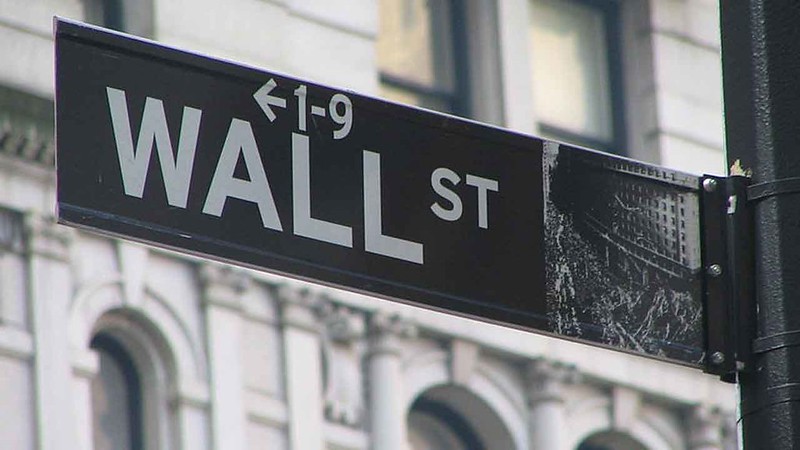
For most of American history, if you wanted to invest in a company by purchasing its stock or simply park your money in a bank, it was “caveat emptor,” which is Latin for “Let the buyer beware.” You might get a legitimate share of a growing company or you might get worthless, watered-down stock in a shell corporation set up to fleece investors. And you might get your money back from the bank with interest. Or the bank might go bust tomorrow and you’d be wiped out. Caveat emptor.
Needless to say, this was no way of financing America’s bottomless appetite for business capital or providing money for families to buy farms and houses. So states and the federal government tried a number of ways over the years of making Wall Street honest and keeping banks solvent. It wasn’t until the Great Depression of the 1930s, though, that reforms were made that finally created markets investors could depend on and banks that were safe for average savers. (It’s worth noting that this job is never finished, as the 2008 housing crisis and financial meltdown showed.)
The reforms came in the form of two powerful agencies created by President Franklin D. Roosevelt: the Securities and Exchange Commission and the Federal Deposit Insurance Corp. The SEC regulated how investments were offered on Wall Street. Corporations that wanted to sell stock to the public through stock markets were required to file public documents describing the securities and the underlying finances of the corporation. And if corporations lied in these documents? The SEC could sue them for fraud, and federal prosecutors could haul their top officials into criminal court.
The Federal Deposit Insurance Corp., as its name suggests, insured deposits in federally chartered banks (and that includes just about every bank you’ve ever used) and, in return, regulated them. The regulations included requiring banks to disclose their finances, keep a minimum amount of money on hand to pay depositors, charge uniform interest rates (to discourage reckless behavior), and avoid investing depositors’ money in the stock market.
These regulations worked well enough until the 1980s, when Congress whittled away the requirements. It let banks and savings and loans compete with interest rates (leading to the savings and loan scandal of the late 1980s and early 1990s, when nearly a third of S&Ls collapsed). And in 1999 Congress repealed the ban on banks investing in the stock market. Many economists draw a direct line between that repeal and the 2008 financial collapse, which engulfed not only Wall Street but many banks as well.
Wall Street and the banks survived the financial crisis of 2008 and Great Recession that followed thanks to a massive infusion of money from the federal government. (These were purchases of troubled assets backed by equity in the banks but functioned as loans and were eventually paid back with interest.) As a result, average depositors at FDIC banks never lost a dime. It was the greatest test of government financial oversight since the Great Depression, and showed that quick government action backed by smart regulation worked.
Some modest additional reforms were passed in 2010 in the Dodd-Frank Act. This law created new financial requirements for banks, banned them from investing in highly risky securities, and created a new consumer protection agency to stop predatory mortgage lending. Have these things worked? We’ll see in the next financial crisis, but in 2020, when the world entered a recession due to the pandemic, the stock market hardly missed a beat and banks remained solvent.
So if you’ve ever bought stock in a corporation—or participate in a pension that invests in Wall Street—or you’ve ever opened a bank account, you can thank government for keeping your savings safe.
More information:
https://www.investopedia.com/articles/07/secbeginning.asp
https://www.investopedia.com/articles/investing/011916/brief-history-us-banking-regulation.asp
https://en.wikipedia.org/wiki/Bank_regulation_in_the_United_States
Give the credit to: the federal government
Photo by South Bend Voice licensed under Creative Commons.
[…] seen these things in the creation of the 30-year mortgage, nuclear safety and waste disposal, honest markets and sound banks, appliance energy standards, professional licenses, and food and drug safety. In an even larger […]